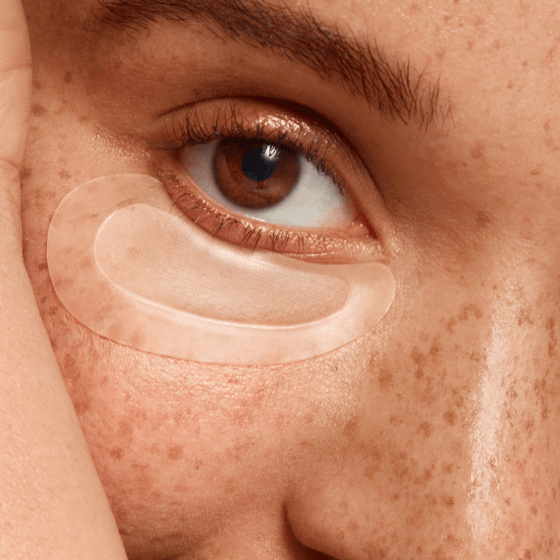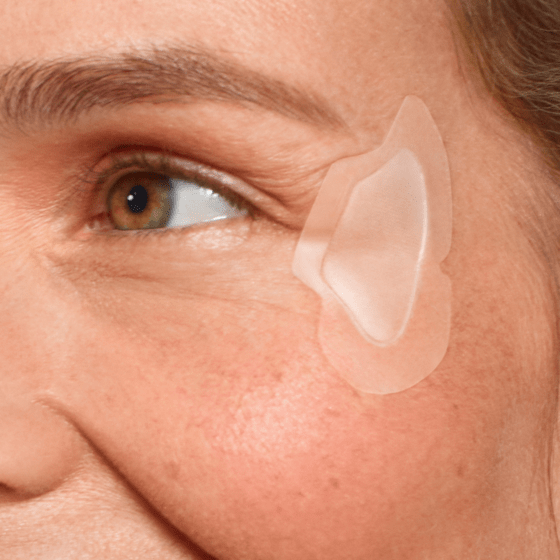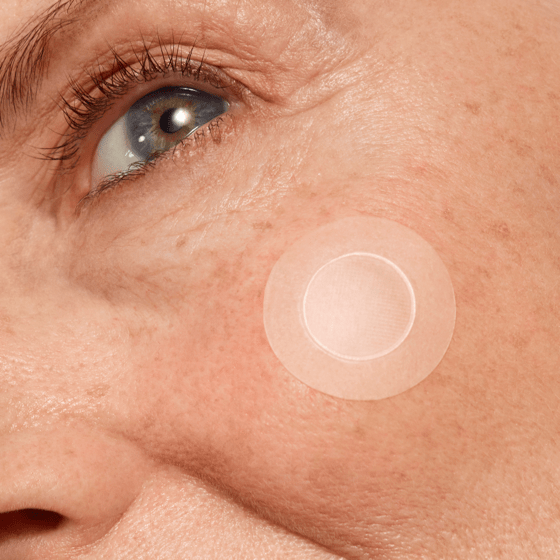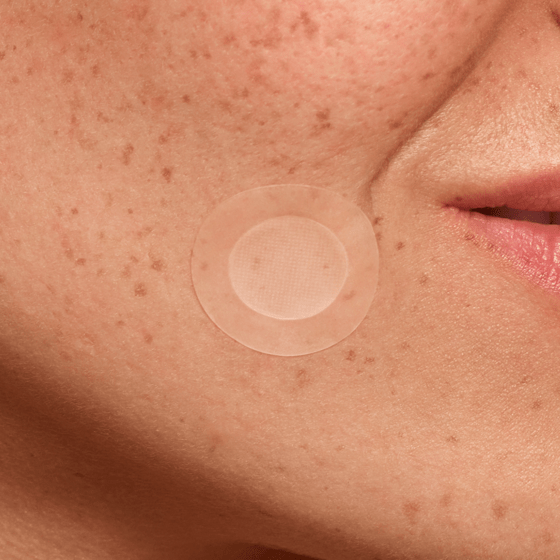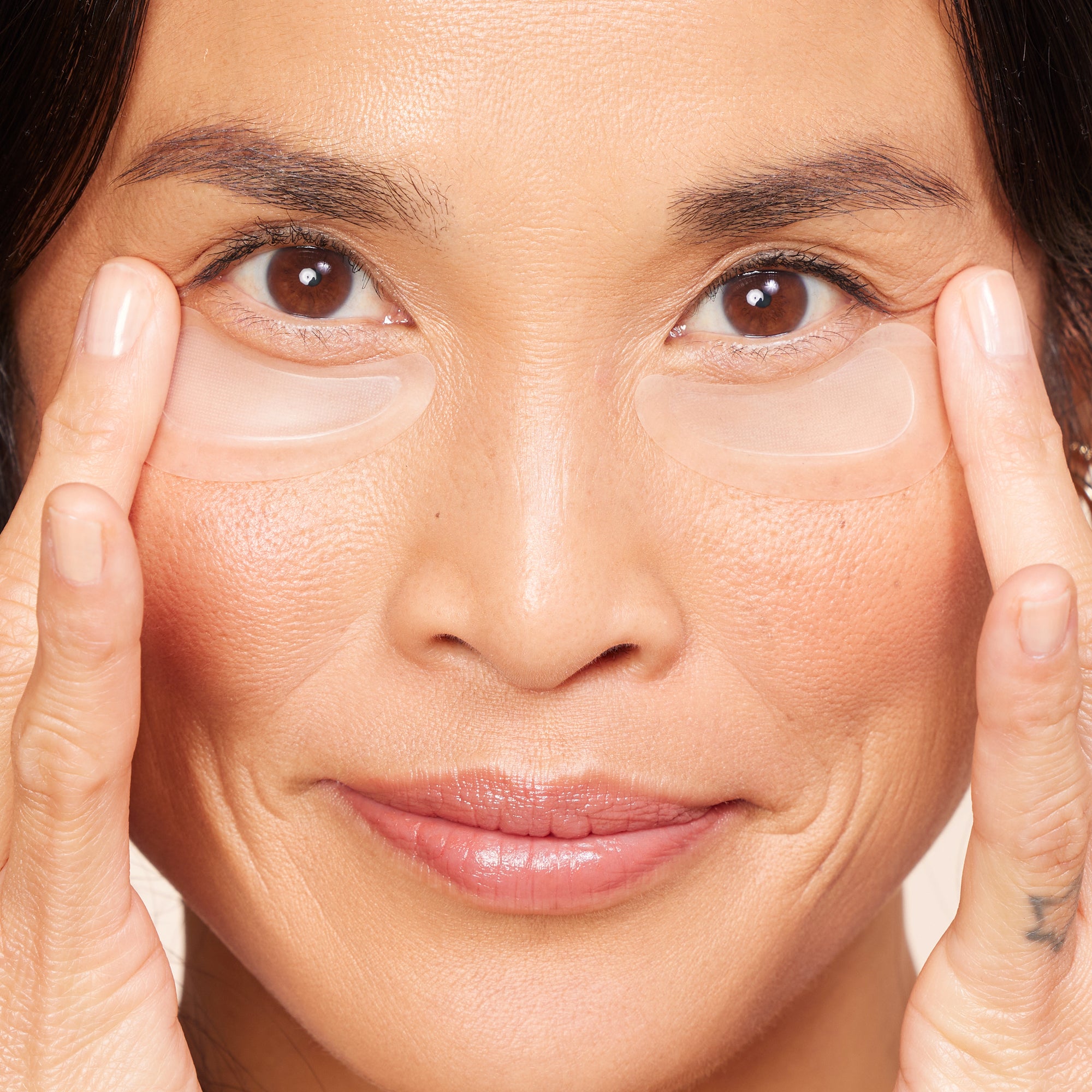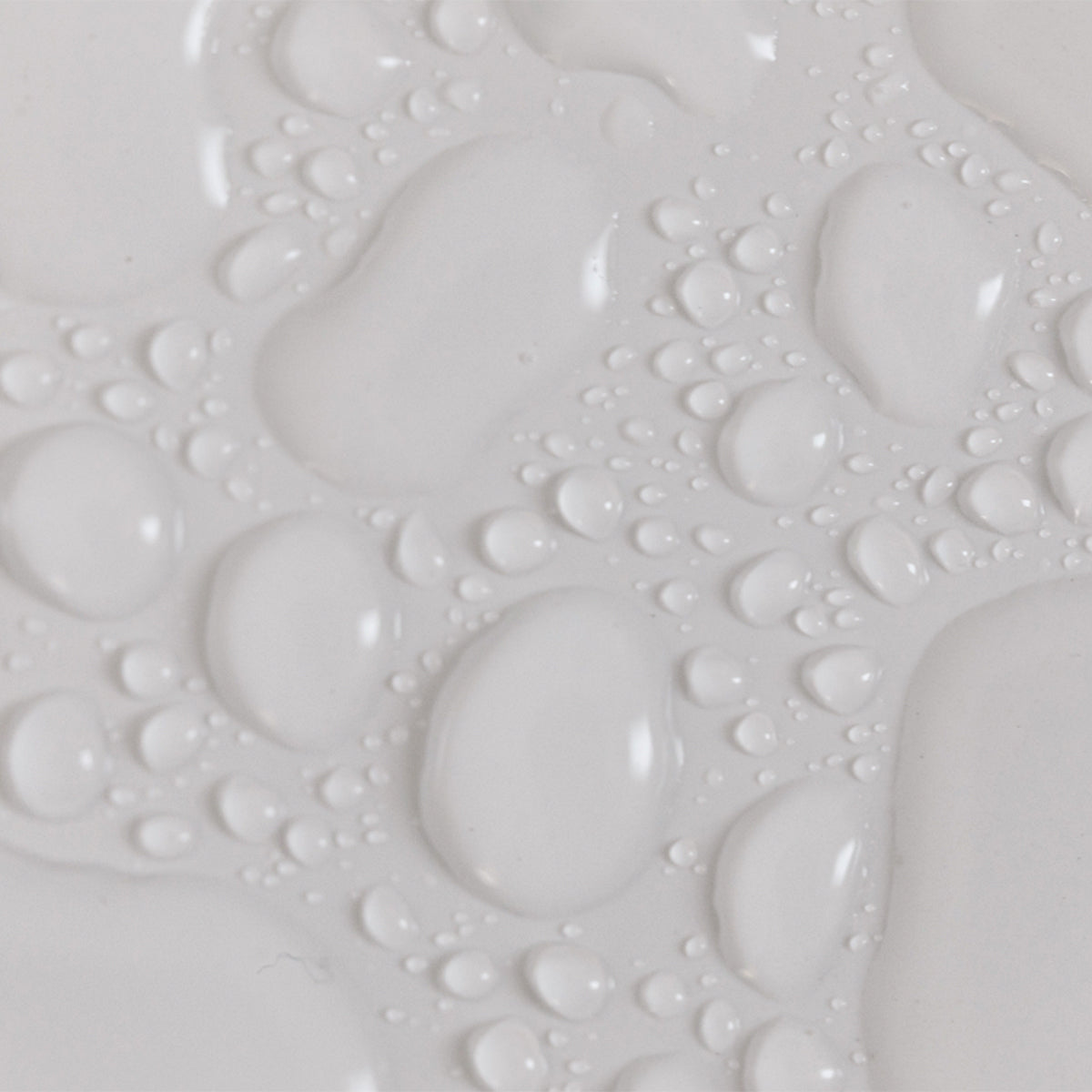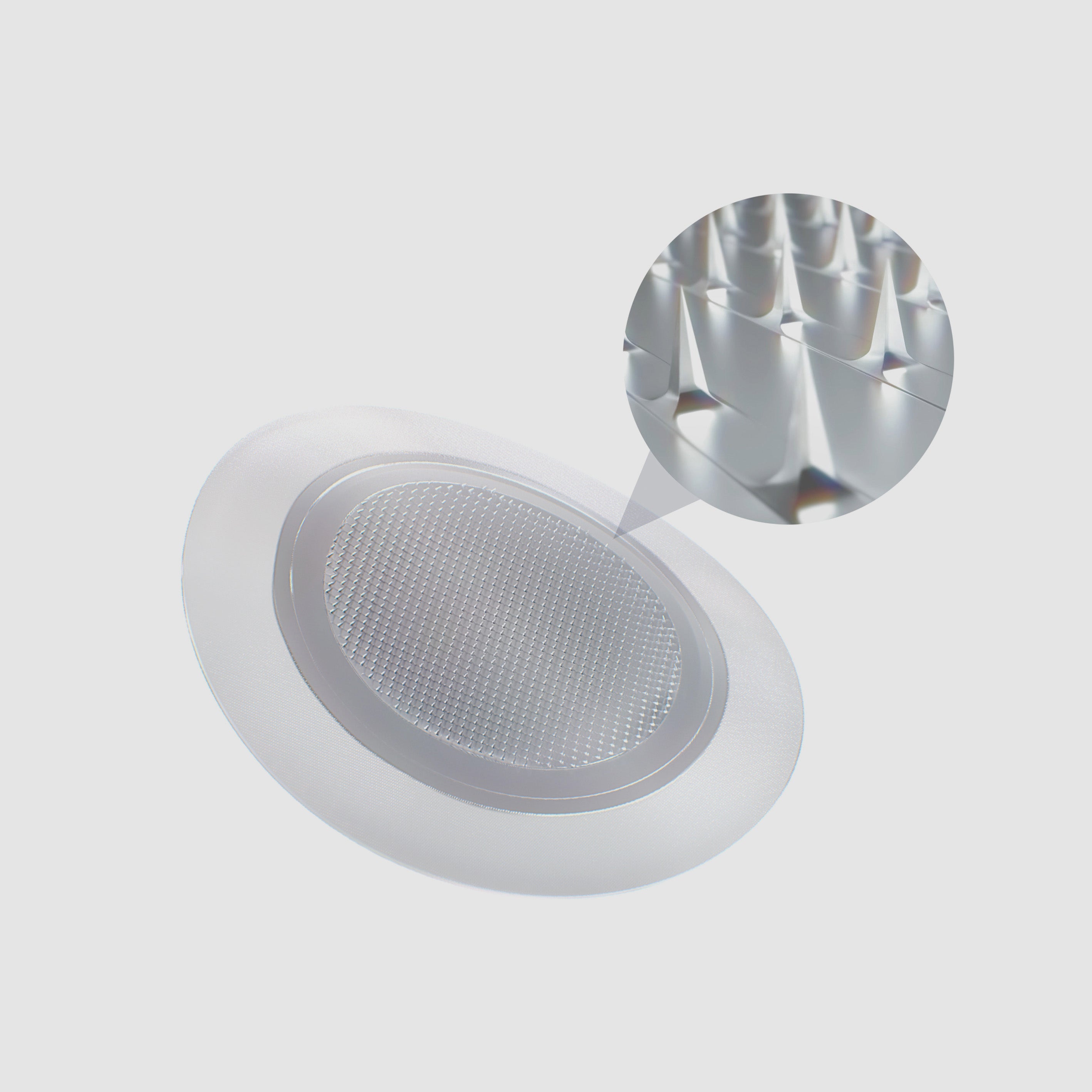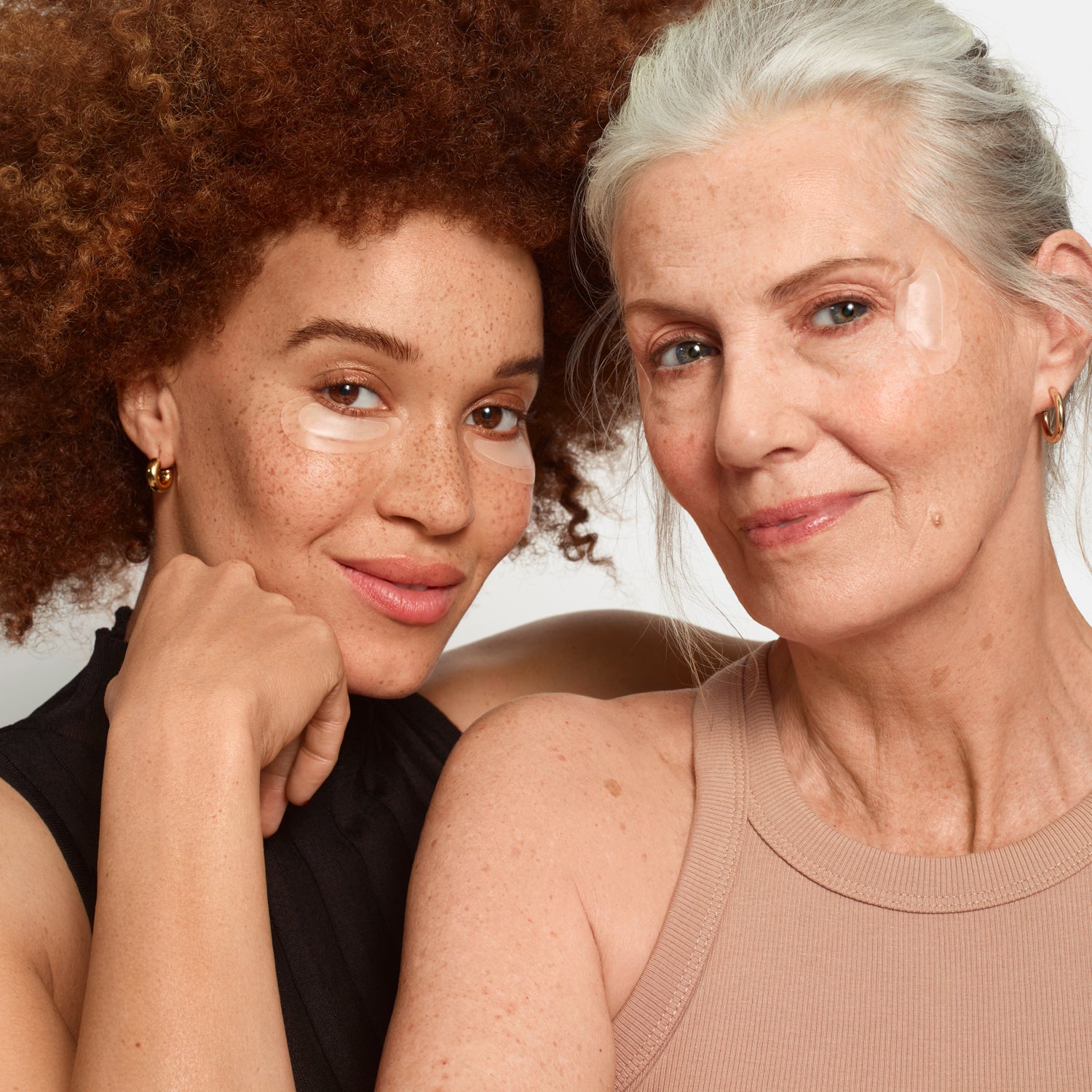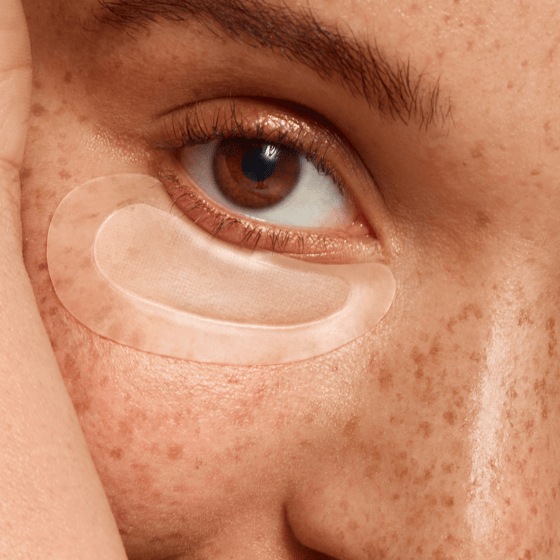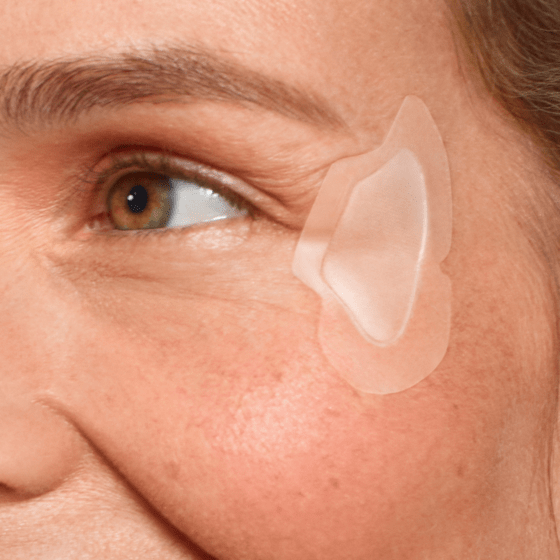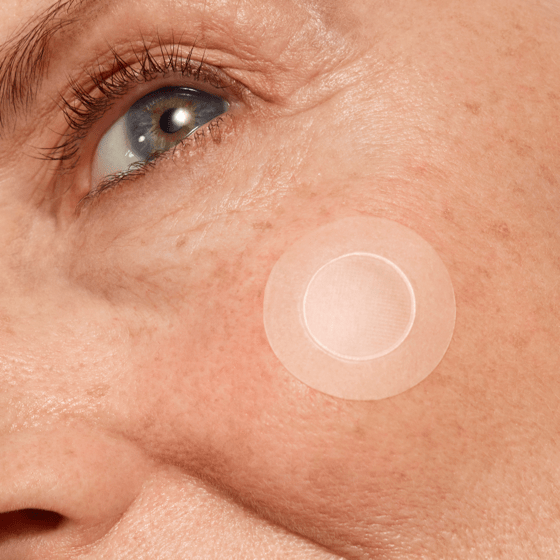Decoding Collagen Peptides: Elevating Your Skincare Routine
In the dynamic world of skincare, staying abreast of the latest trends is a challenge. The spotlight is currently on peptides, a skincare powerhouse with ties to collagen and elastin production. While collagen is a familiar term, there's a new player in the arena – collagen peptides. Unravel the mysteries surrounding collagen and collagen peptides, and discover how these innovative elements can transform your skincare regimen.
Understanding Collagen Peptides:
Collagen, a fundamental protein for skin structure, loses prominence as we age. Collagen peptides, shorter and more absorbable versions of collagen, take center stage in skincare. Unlike traditional collagen, peptides easily penetrate the skin's barrier, stimulating collagen production and delivering more effective results.
Vegan Collagen Peptides:
Addressing concerns about animal-derived collagen, brands like Vice Reversa offer vegan collagen peptides. By promoting the body's own collagen production, these peptides offer a plant-based alternative, aligning with ethical and sustainable skincare choices.
How Collagen Peptides Work:
Peptides, integral to collagen synthesis, act as messengers, influencing cell functions. When applied topically, collagen peptides signal the skin to enhance collagen production, initiating the rejuvenation process. Studies highlight the efficacy of collagen peptides in treating fine lines and wrinkles, making them a key player in natural collagen generation.
Benefits of Collagen Peptides for Skin:
Collagen peptides exhibit an array of benefits for skin health, including:- Boosting natural collagen production, promoting anti-aging effects by strengthening skin elasticity.
- Offering a vegan-friendly solution, harnessing collagen benefits without animal-derived sources.
- Firming and smoothing the eye area, reducing fine lines and reinforcing delicate skin.
- Supporting wound healing, improving skin texture and minimizing the appearance of scars.
- Boasting a commendable safety profile, with hydrolyzed collagen deemed safe, protective, and effective in permeating the skin.
Results and Incorporation into Routine:
The timeline for visible results with collagen peptides may vary, but studies suggest significant improvements in skin moisture and elasticity within a month of topical application. Incorporating collagen peptides into your routine involves targeted applications, such as microneedle crow decreaser, ensuring effective and non-invasive delivery of nutrients.
In the realm of skincare evolution, collagen peptides emerge as a game-changer. Their unique properties, coupled with vegan alternatives, offer a dynamic approach to rejuvenating skin health. By understanding the distinct advantages of collagen peptides over traditional collagen, you empower your skincare routine with innovation and efficacy. Elevate your skincare journey with collagen peptides, unlocking a realm of youthful radiance and skin transformation.

